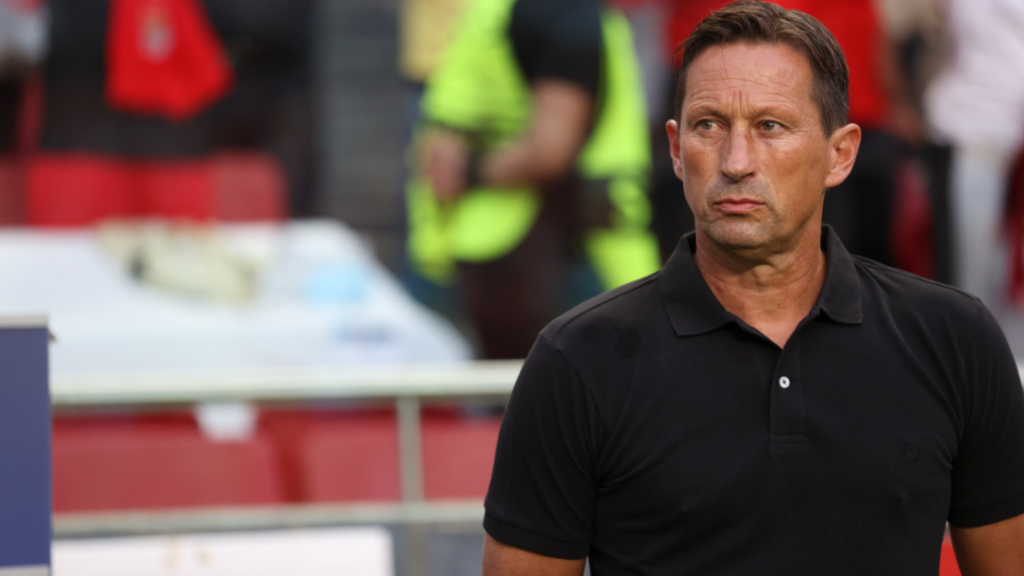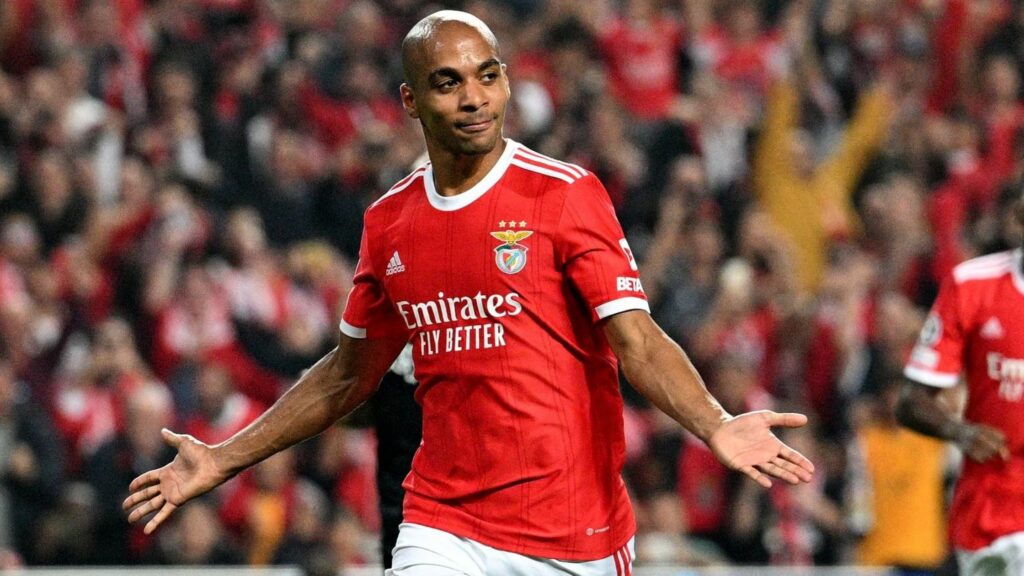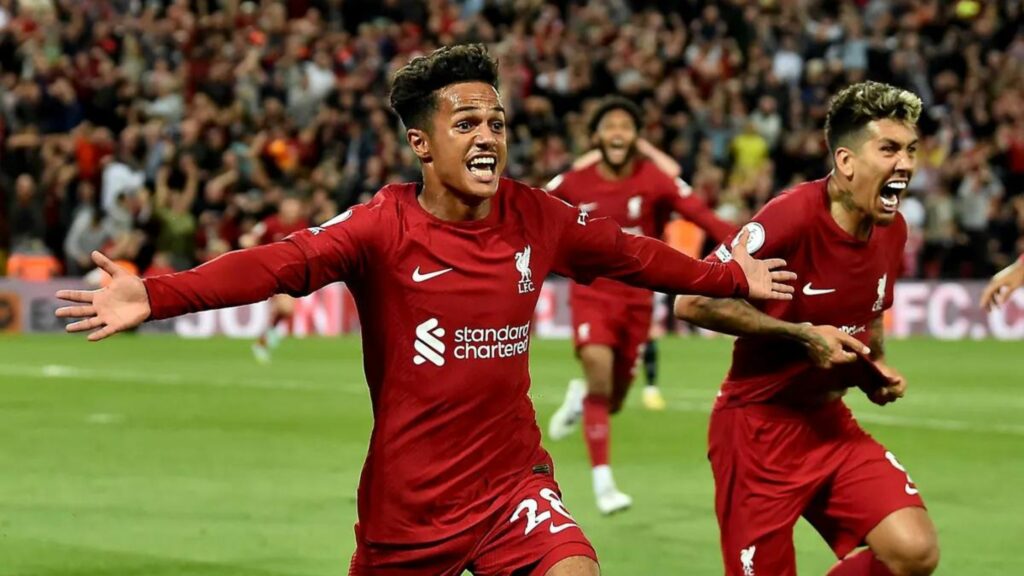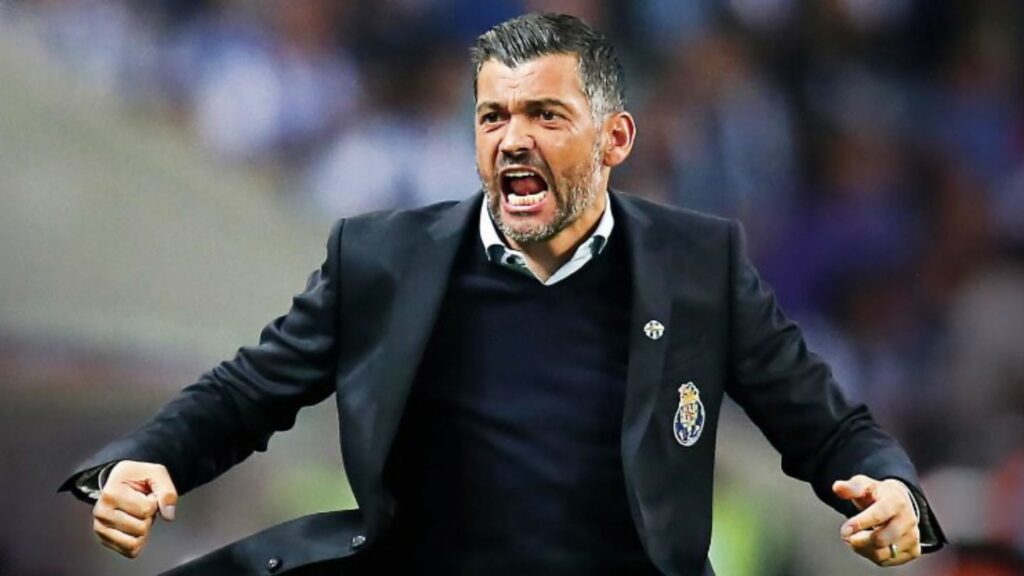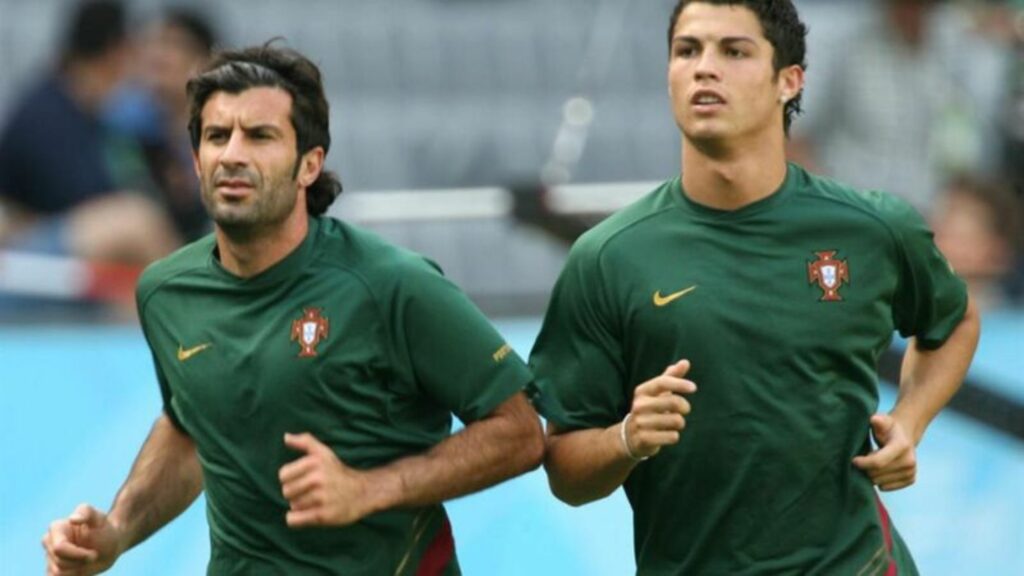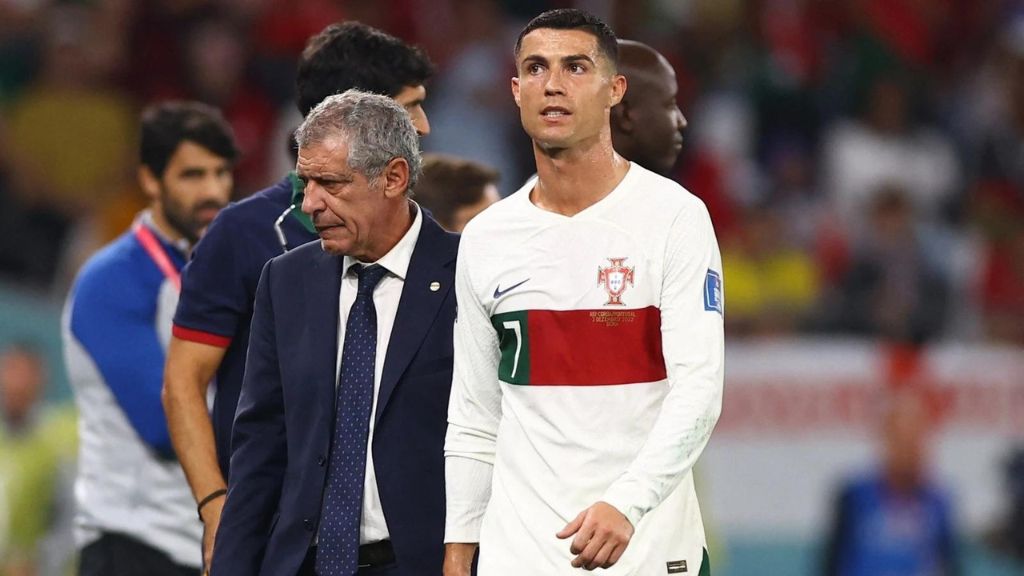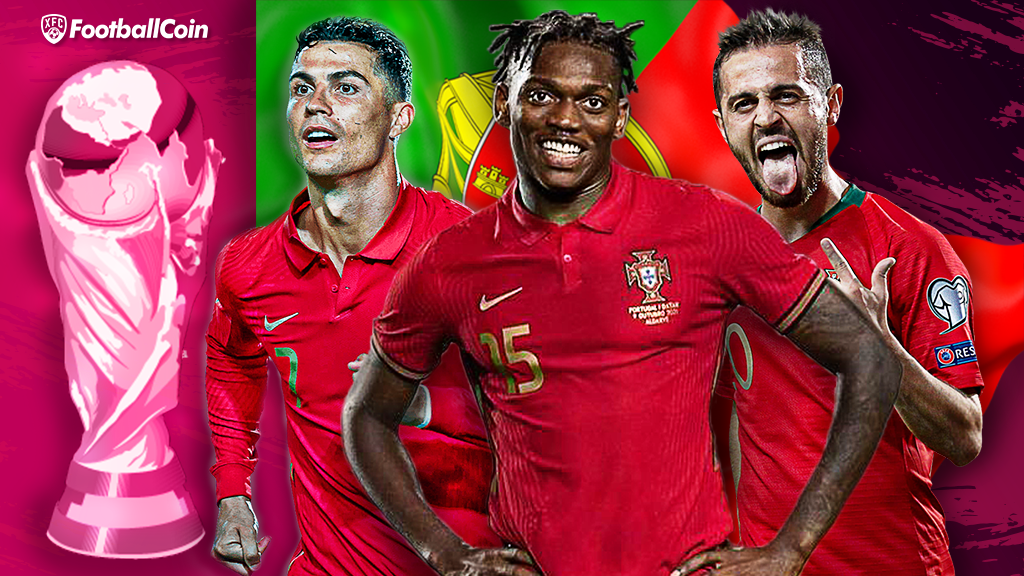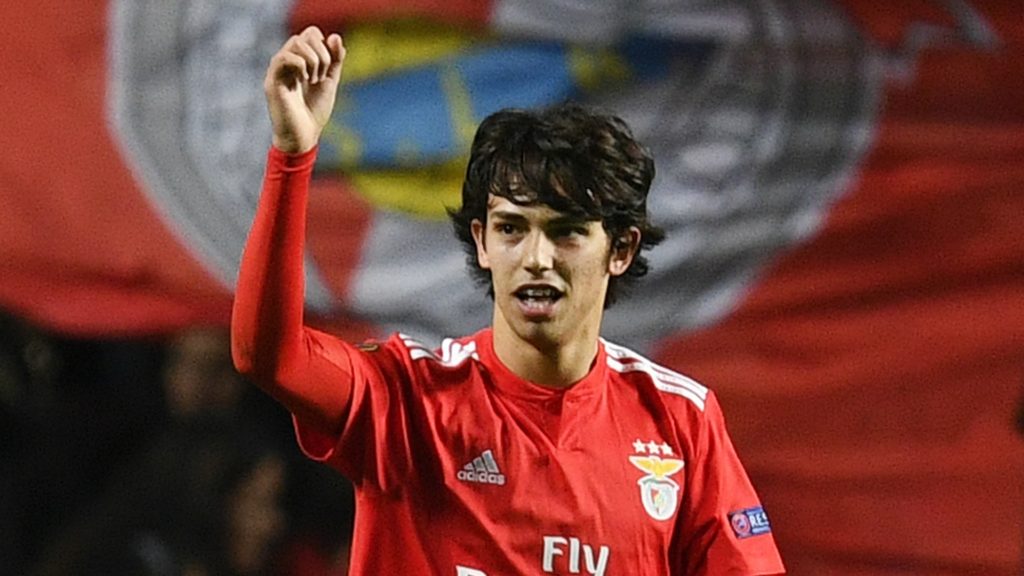Benfica’s attacking prowess is undeniable, but their success is largely due to the team’s organized and aggressive style of play. Roger Schmidt’s Benfica is playing some of the most exciting football in Europe.
The team has managed to dominate Liga Portugal and overcome top opposition in the UCL. They’ve done all this while losing players to higher-profile clubs.
How does Schmidt do it? What are his preferred tactics? In this article, I’ll offer a tactical analysis of one of Europe’s leading football managers.
Roger Schmidt’s Pre-Benfica Career
Roger Schmidt’s career as a player may not have been one for the history books, but it certainly set the stage for his impressive managerial career.
Schmidt started off as a midfielder in his hometown club, SC Paderborn, before moving on to FC Carl Zeiss Jena and, later, FC Rot-Weiß Erfurt. However, his time as a player in the Austrian Bundesliga paved the way for his future success.
After retiring as a player, Schmidt dove straight into the world of coaching. He started as an assistant coach at SC Paderborn before being appointed as the head coach of SC Preußen Münster.
However, during his stint as the head coach of Red Bull Salzburg, he truly made a name for himself. Schmidt’s attacking style of play and high-pressure tactics helped Salzburg dominate the Austrian Bundesliga, winning two league titles and a cup in just two seasons.
Schmidt’s success at Salzburg caught the attention of Bayer Leverkusen, who appointed him as their head coach in 2014. Despite a somewhat rocky start, Schmidt’s attacking brand of football and innovative tactics soon won over the fans and the players alike.
He led the team to two top-four finishes in the Bundesliga and a quarter-final appearance in the UEFA Champions League.
After a brief stint in China with Beijing Guoan, Schmidt was appointed as the head coach of PSV Eindhoven. His arrival at the club brought a renewed sense of energy and enthusiasm as he led the team to their 25th Eredivisie title in his first season.
Now, Schmidt finds himself at the helm of Benfica, one of Portugal’s most prestigious clubs. With his innovative tactics and attacking style of play, fans are hopeful that Schmidt can lead the team to a new era of success.
Football Philosophy
Roger Schmidt has made Benfica a force to be reckoned with both domestically and continentally. Some of this success is owed to the Lisbon side’s incredible ability to develop young, talented players.
However, even more is due to Schmidt’s football philosophy. The manager favors a highly aggressive and organized style of play dedicated to relentless pressing.
It’s a style that requires discipline and extraordinary fitness. Benfica will consistently push higher up the field and force their opposition out wide.
The team will then move into an almost man-to-man pressing, looking to create numeric superiority and block passing avenues.
It’s a risky tactic but one that has worked well. Benfica sits first in a highly competitive Liga Portugal, ahead of rivals FC Porto.
Furthermore, they won a Champions League group that included Paris Saint-Germain, Juventus, and Maccabi Haiga. They’ll be favorites when they play against the Belgium side, Club Bruges.
Schmidt’s tactics at Benfica
Jurgen Klopp famously claimed that pressing was the best playmaker. The claim has been substantiated by the results enjoyed by teams like Liverpool and Benfica while using this style. However, it is also a risky tactic that can easily backfire.
This hasn’t yet happened to Schmidt at Benfica. Yes, pressing might be the most important component of the team’s playing style.
Furthermore, Schmidt is highly consistent. He employs a 4-4-2 formation most of the time. This can turn into a 4-1-3-2 easily when the team is looking to win back possession. Players, including attackers, are expected to contribute to the team’s defense.
Consistency also applies to Schmidt’s choice of starting players. The manager will play his best eleven whenever he can. This has been made tricky by the fact that some of his very best players have left the club recently or are on the radar of big clubs.
Enzo Fernandez and Darwin Nunez are the two most high-profile players to depart the club for larger transfer fees.
The remaining squad is based on a mix of experience and youthful exuberance. Veteran defender Nicolas Otamendi has been integral to the side’s success.
Florentino Luis and Enzo Fernandez acted as the double pivot behind the highly technical and attack-minded Joao Maria and Rafa Silva. Recently, Chiquinho and Aursnes have stepped into Fernandez’s role.
Finally, the firepower provided by Darwin Nunez has been substituted with that of the youth academy graduate Gonçalo Ramos. He has scored 13 goals in 18 appearances in the Primeira Liga.
These are players that Schmidt will look to have on his team consistently. Does this weigh on their fitness? It’s been a potential issue that the managerial staff has so far managed very well.
Benfica in defense
Benfica, the highest-scoring team in Portugal, is known for its attacking prowess. However, under Roger Schmidt’s leadership, they have transformed into a highly aggressive defensive side that recycles the ball brilliantly.
Schmidt’s tactics are all about that high-intensity, in-your-face pressing game. He wants his team to be aggressive, hounding their opponents, and forcing them into making mistakes. And let me tell you; it’s not easy to pull off. But when it works, it’s a thing of beauty.
Schmidt’s 4-4-2 system starts with the press at the front, where the attackers pressure the opponent’s central defenders from moving the ball outside of their box.
This is an attempt to get the opposition to play out wide, where Benfica organizes in an almost man-to-man marking system. Naturally, this means that they utilize a high-pressing line, a high-risk, high-reward strategy that has worked so far, rarely leaving keeper Odysseas Vlachodimos on the wrong foot.
Don’t get it twisted; Schmidt’s tactics aren’t just about pressing. He’s got a whole philosophy behind his approach to the game. He believes in playing a possession-based style of football, with quick, incisive passes and a focus on attacking. He wants his team to dominate the game, control the tempo, and create chances.
The Lisbon team’s build-up play
Chelsea, and other clubs, came in hard for Enzo Fernandez this winter. After all, the midfielder had been deemed The Best Young Player at the 2022 FIFA World Cup.
Benfica resisted the offer initially but was outmatched. Naturally, Schmidt would feel apprehensive. Fernandez was integral to the way that the team progressed the ball.
Benfica’s build-up play starts from the back, where central defenders and the double pivot retain possession and progress past their half-line.
Meanwhile, the front four move as a unit, creating passing lanes and widening the opposition’s defense. Rafa Silva, the team’s playmaker, drops between the lines, asking for the ball, and using his considerable technique to pick up an attacker or to shoot himself.
Benfica’s attacking structure under Schmidt
As I wrote earlier, Benfica’s attacking structure is built upon quick but coordinated actions—Benfica average over 15 shots per game and an xG that exceeds two goals per 90 minutes.
Rafa Silva usually begins an attacking play but doesn’t hold on to the ball for long. The team’s front four play quick passes and rapidly look for space. Furthermore, full-backs like Alex Grimaldo will move out wide, creating additional passing options acting as the third player in Benfica’s passing triangles.
Individual skill is also essential, with players like David Neres and Joao Maria confident when attempting to dribble defenders. Like Nunez before him, Ramos has proven that he can be highly creative when fed the ball in the opponent’s defensive area.
Can Benfica be the surprise package of this UCL edition?
In many ways, Roger Schmidt’s Benfica has already surpassed expectations. All they need now is to bring the season to a positive conclusion. Fitness and, perhaps, a bit of chance will go a long way.
Still, Schmidt’s mastery of the high press and his ability to integrate Benfica’s greatest strength, their scouting and youth development system, make him one of world football’s most competent football managers today.
